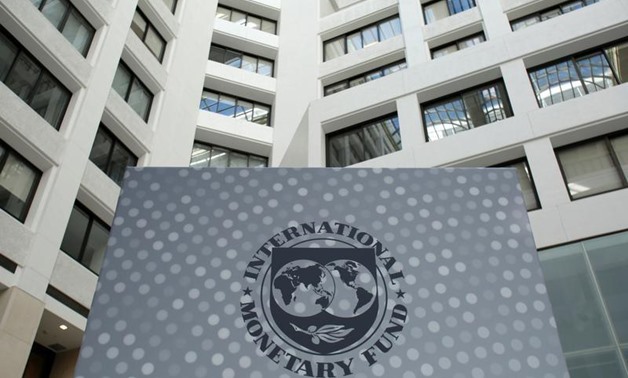
IMF building- Reuters
CAIRO – 31 October 2018: The International Monetary Fund (IMF) has reached a staff-level agreement with the Egyptian government, to offer Egypt the fifth settlement of IMF’s $12 billion extended fund facility arrangement, amounting to $2 billion, an official statement said Wednesday.
The agreement came after the IMF staff team reviewed Egypt’s economic reform program for the fourth time, in a visit extended from October 18 to 31, 2018.
“The staff-level agreement is subject to approval by the IMF’s Executive Board,” IMF’s statement revealed.
By receiving the fifth installment, the total disbursements under the program will reach about $10 billion.
The statement reviewed the results of the economic reforms in Egypt, saying that “The Central Bank of Egypt’s (CBE) prudent monetary policy helped bring down annual inflation from 33 percent in July 2017 to 11.4 percent in May 2018. However, inflation increased again to about 16 percent in September 2018, reflecting the pass-through from energy price increases in June and a stronger than expected increase in volatile food prices in September.”
IMF added that CBE targets to reduce inflation to single digit in the medium term.
It also referred to the external financial conditions for emerging markets which make CBE committed to a flexible exchange rate policy that will help enhance competitiveness, protect Egypt’s foreign reserves, and cushion against external shocks. Egypt's banking system remains liquid, profitable, and well capitalized.
“Egypt’s fiscal policy in 2018/19 and beyond will continue to aim at keeping general government debt on a clearly declining path and achieving a primary surplus of 2 percent of GDP,” the statement read.
The state has to continue its energy subsidy reforms and to raise revenues to create fiscal savings to invest in a well targeted social safety net, human development including health and education, and infrastructure.
“To improve fiscal transparency and public access to information, the authorities have continued to expand the data disseminated on the budget process and execution throughout the year,” it added.
IMF welcomed the authorities’ comprehensive efforts to improve the living standards of the most vulnerable.
It noted that these efforts include: Takafol and Karama, which has expanded to cover around 10 million individuals; Forsa, which has created job opportunities for graduates of the Takafol program; and, Mastoura, which provides microfinancing to women for sustainable income generation.
The statement referred that these programs are being complemented with the Sakan Karim program to provide clean drinking water and sanitation to rural areas. Moreover, a social package consisting of an additional increase in the salaries of public servants, an increase in pensions, and a progressive increase in tax credits has been implemented.
“The government continues to make efforts to implement reforms that aim to help the private sector invest and create the jobs needed to achieve more inclusive and sustainable growth for Egypt’s young and growing population,” it said.
These reforms include: improving access to industrial land; promoting competition; improving transparency and accountability of state owned enterprises; and fighting corruption, according to the statement.
In November 2016, the Executive Board of the IMF approved a $12 billion loan as a financial assistance for Egypt to support the Egyptian economic reform program.
Upon the board's approval in November, Egypt floated its currency, losing around 50 percent of its value as part of the economic reform program which imposed taxes, including the value-added tax (VAT), and cut energy subsidies, all with the aim of trimming the budget deficit.

Comments
Leave a Comment